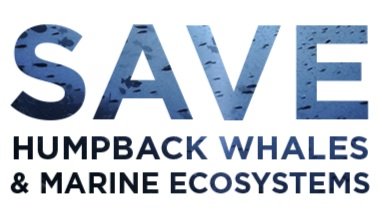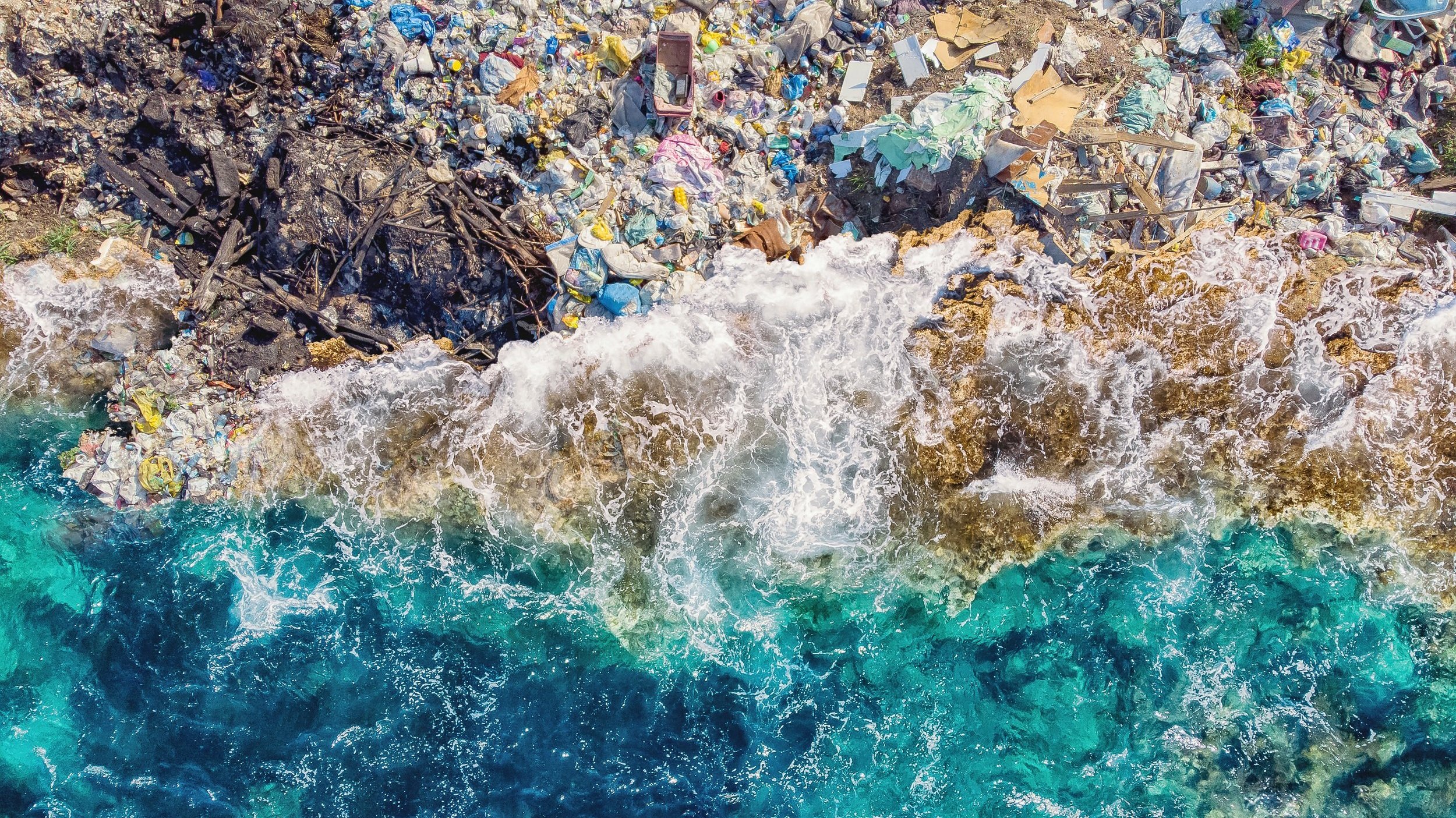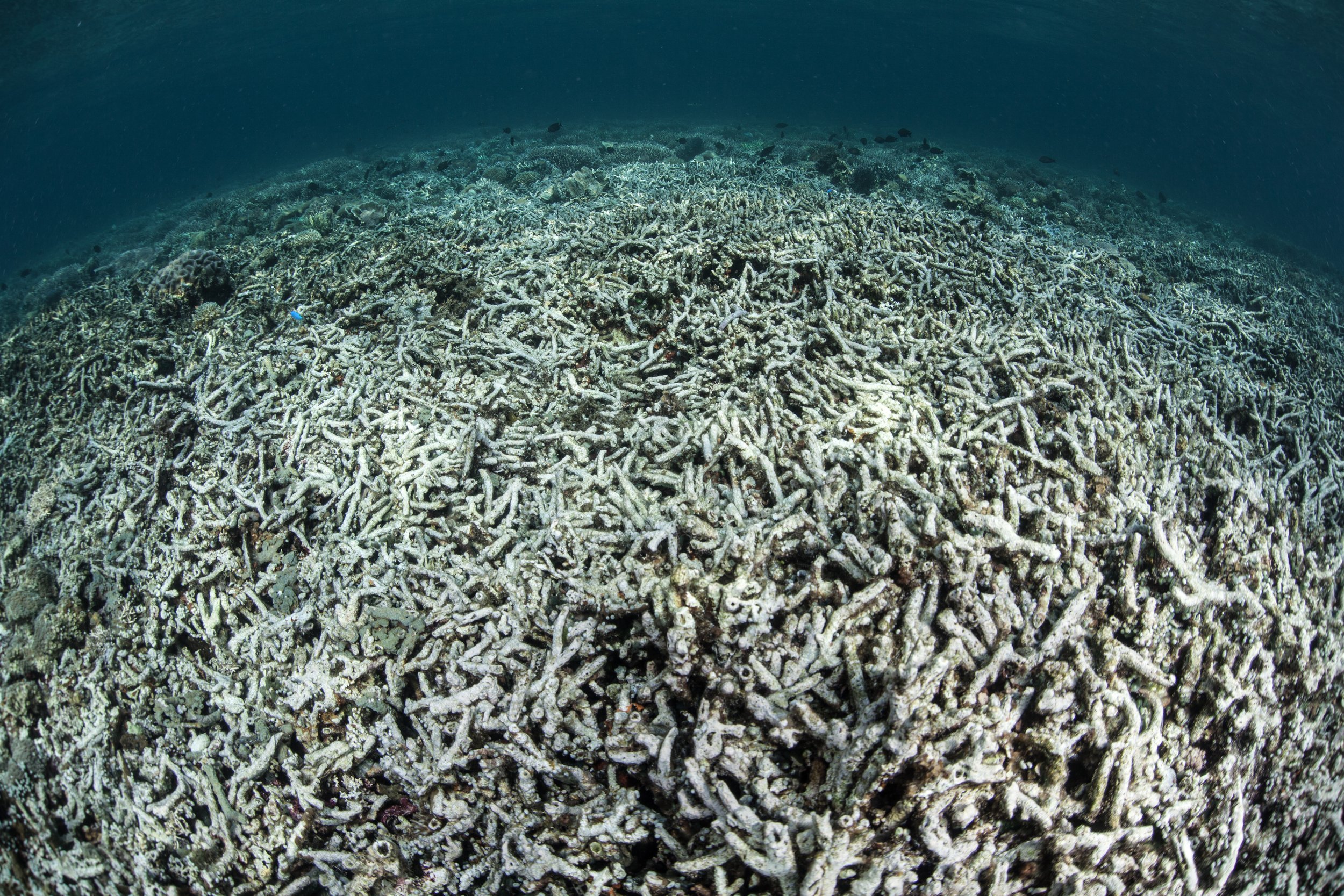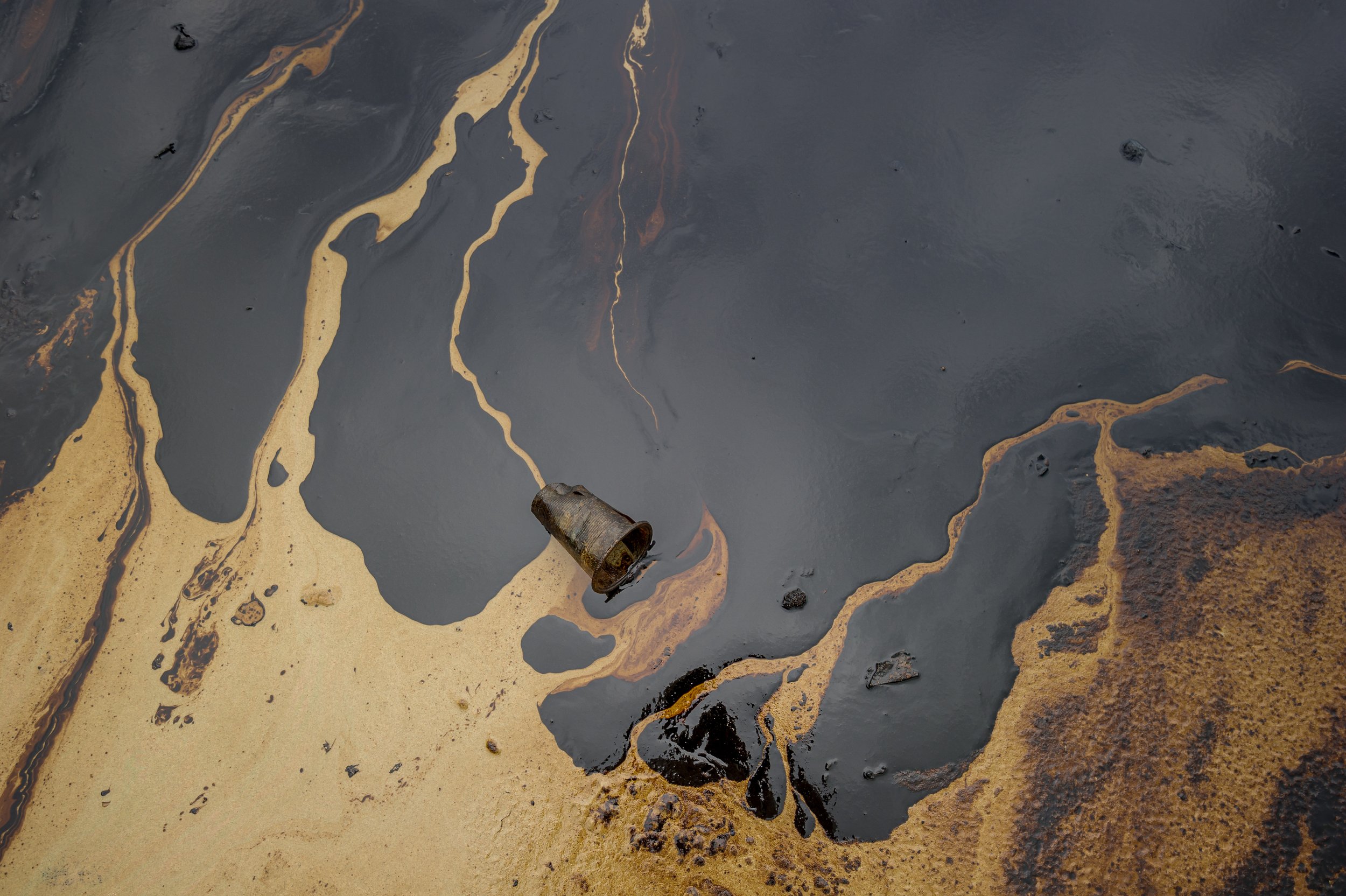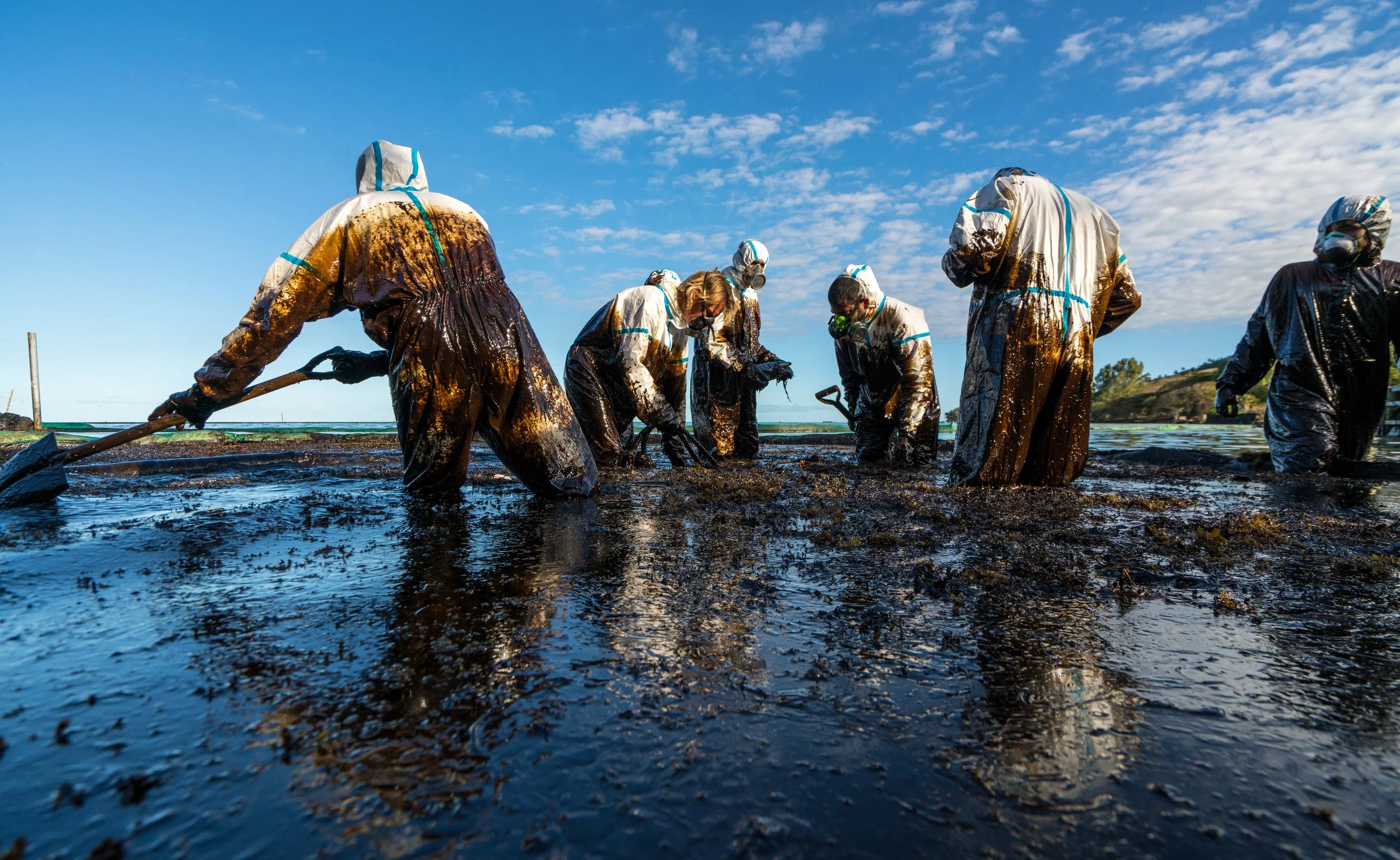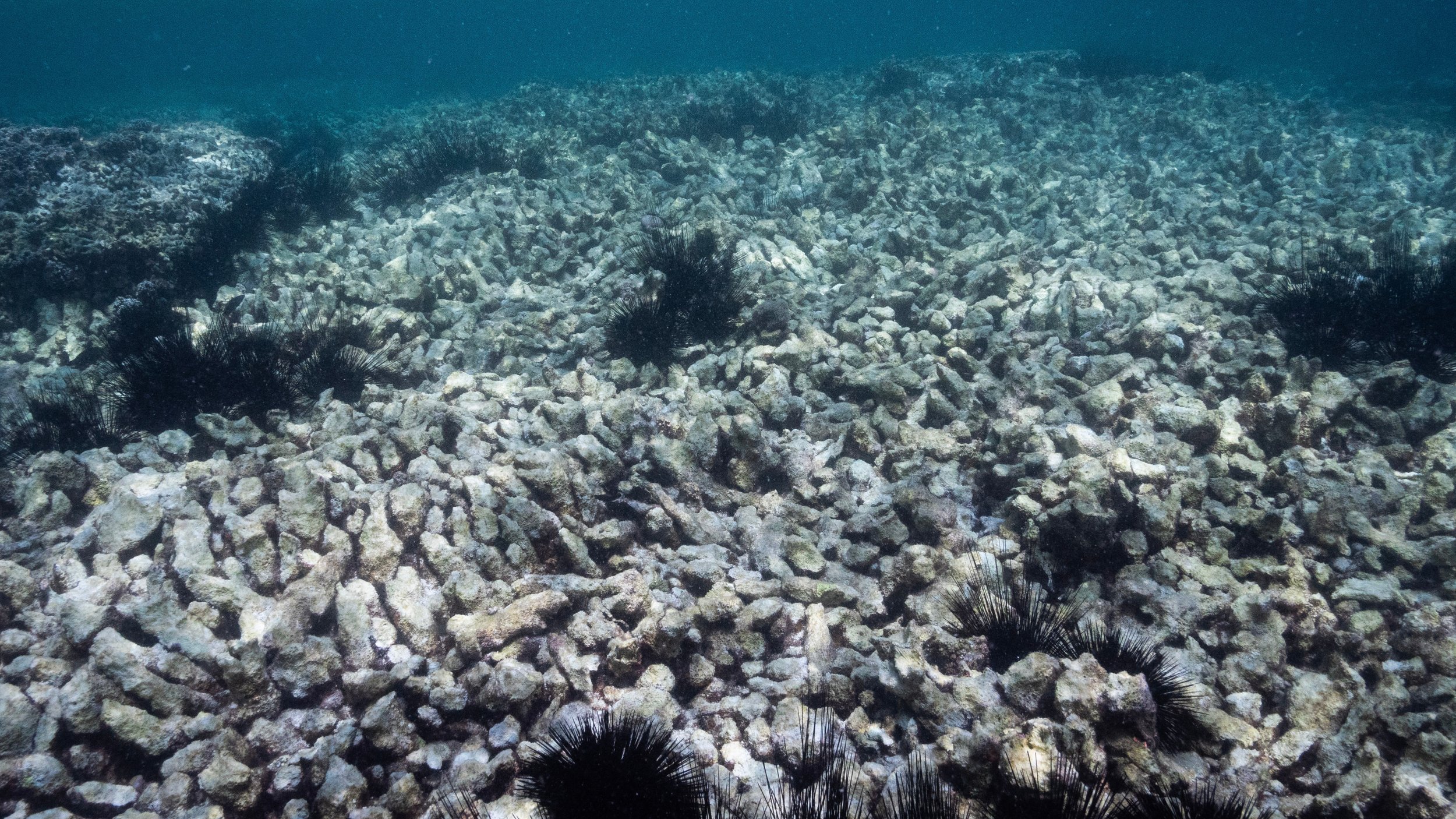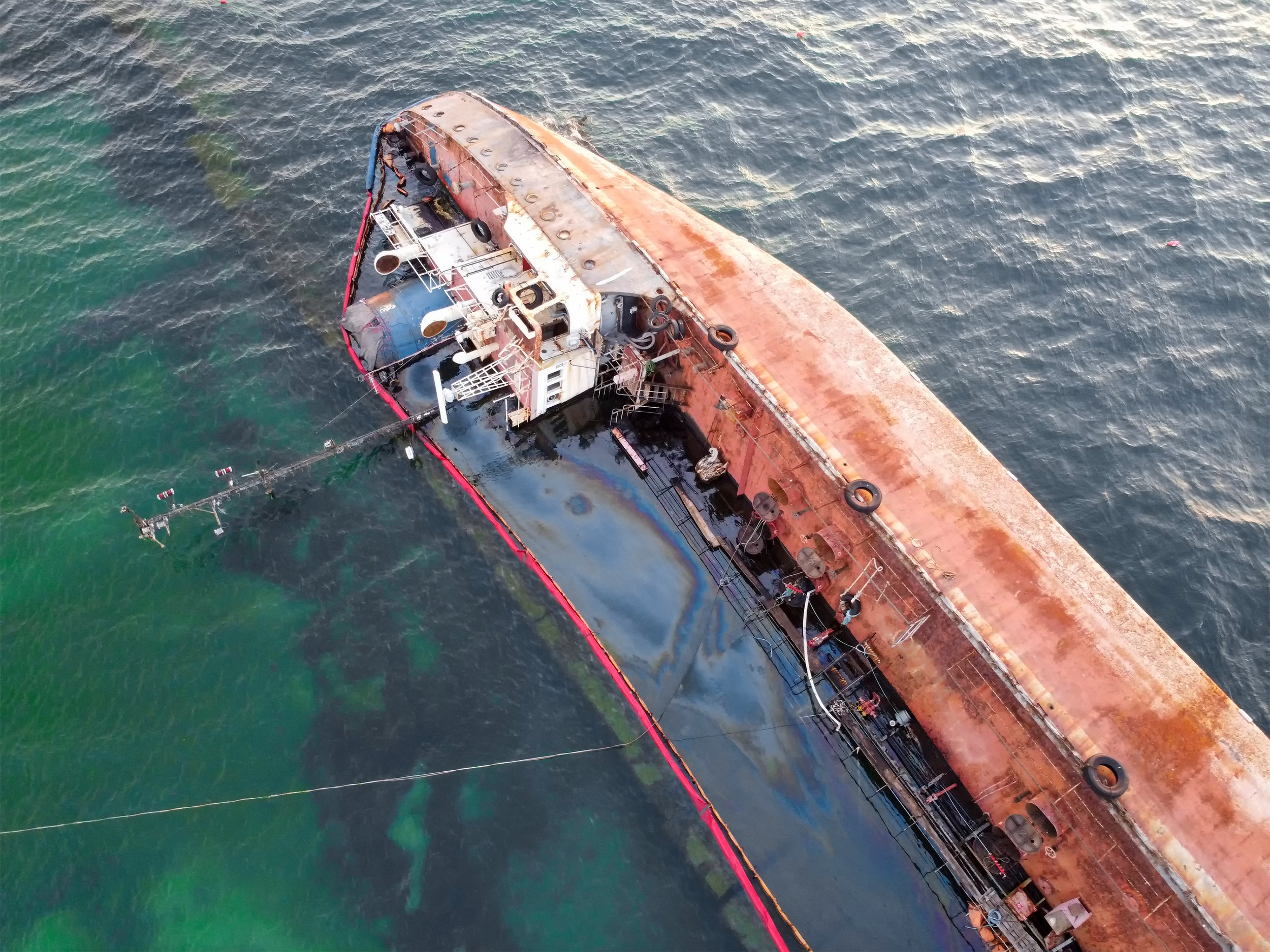Protection for the ocean in international criminal law
The ocean, home to myriad species and countless interdependent ecosystems, is the Earth’s greatest source of oxygen and the world’s primary regulator of weather and climate.
A note on ocean rights:
Protective criminal law (ecocide law) is separate but highly complementary to the development of an ocean rights framework, where the ocean/her ecosystems can be treated as subjects of law. In the same way as the most basic human right, the right to life, is protected by the criminal law of murder, ocean rights (rights of nature) and ecocide law are like two sides of the same coin. It is, however, not necessary for ocean rights to be in place in order for ecocide law to apply.
The ocean also provides food and livelihoods for hundreds of millions of people. She is our most generous provider, and we have not been protecting her well.
Even on land, severe damage to ecosystems is all too easy to commit via breaches of regulation or neglect of safety protocols, due to lack of protective legal provision and weak enforcement. This is doubly so in the ocean context where zone boundaries are permeable and the high seas are beyond national jurisdictions.
International recognition of ecocide will provide a much-needed framework to protect ocean wildlife and marine ecosystems from the worst harms. It will ensure that ocean regulation and protection are taken far more seriously at the highest level, driving better due diligence and stimulating strategic positive change.
It’s time to rebalance our relationship with the ocean!
This year, along with organizations, businesses and communities that live and work with the ocean, we are calling on all governments to support inclusion of ecocide into the Rome Statute of the International Criminal Court, and to positively engage in the growing global conversation to make this a reality. Join us!
Watch the Ocean for Ecocide Law launch event:
Like land-based ecosystems, the ocean faces many existential threats from human activity - including anthropogenic greenhouse gas emissions, marine plastic, chemical pollution and overextraction.
Sylvia Earle, the pioneering oceanographer, campaigner and author, who has dedicated her life to protecting marine ecosystems, discusses the urgent need to make the widespread or long-term damage to our ocean an international crime.
Watch our London Climate Action Week event:
Whales are a keystone species in the ocean and an important driver of carbon sequestration, helping keep the climate cooler for Londoners. But their habitat is now under threat.
London is contributing to that vulnerability through fossil fuel use, marine pollution and other harmful policies. Yet the city is also an epicenter of climate action and has the potential to play a major role in the protection of whales by, for example, promoting the inclusion of ecocide as an international crime.
Listen to our podcast episode on oceans:
In this episode of Podcasts for the Planet, we speak with two long time ocean advocates, Farah Obaidullah of Women4Oceans and Antoinette Vermilye of The Gallifrey Foundation.
In partnership with:



























